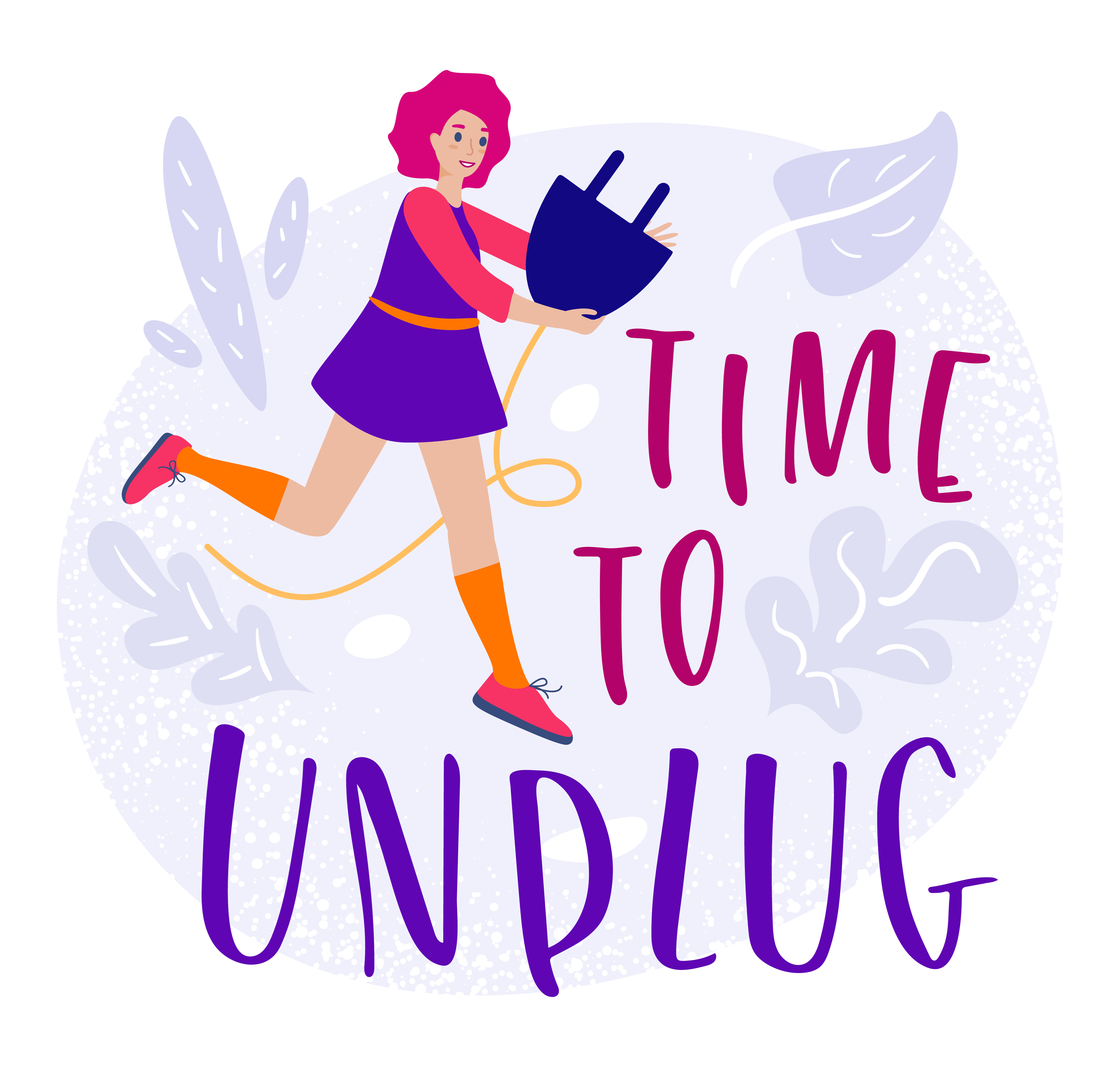Every facet of our lives has been irreparably changed by technology. Different video interview tools have long been used in professional settings, but their relevance has increased in reaction to COVID-19. A perfect example is the medical school admissions process. Even the last in-person stronghold of the admissions process, the interview, has now been replaced by video recording software. It is difficult enough to practice with medical school interview questions without worrying about what kind of software you’ll use, how you’ll set up your background, and what kind of first impression you will make via a computer screen. Today, I will give you tips on how to use these devices to your advantage, how to stay positive about your interview, and how to unplug after you ace it!
New Admissions Tools
Many medical schools in Canada and the United States have canceled in-person interviews. Admissions have introduced new tools to help them get to know their applicants better while keeping physical distance. For example, in the US, students have had to acclimatize to the newly introduced AAMC VITA, a video recording interview tool, the use of which is required by a long list of medical schools in America.
And if you’re choosing between DO vs MD programs and think you can avoid video recording interview tools, think again. Osteopathic medical schools that require CASPer may easily choose to review your CASPer Snapshot interview recording, which is now an inextricable part of the CASPer experience. Unlike a situational judgment test, CASPer Snapshot is a video interview software that presents you with common interview questions that you may encounter in any professional interview, including “tell me about yourself” and “what is your greatest weakness?” And while it is unclear how each medical school will use CASPer Snapshot in the selection process, it would be wise to record your answers in case the schools of your choice select to review them.
Practice Makes Perfect!
So, how can you alleviate stress before a video interview? Practice. Yes, it’s that simple. Just because these tools are new, does not mean that you cannot prepare to ace your interview. Both AAMC VITA and CASPer Snapshot give you the opportunity to practice with sample questions. Not only does this allow you to get used to the software, but you can ensure that your video and audio work, that you know how to position yourself to appear in the center of the screen, and that your setting and lighting work in your favor. Practicing with sample questions hones your confidence and interview skills. Remember, interview performance has a tremendous effect on medical school admission rates – don’t forgo the sample questions!
Focus on the Advantages of Video Interviews
The biggest stress factor before interviews is the spontaneity of in-person meetings. When you visit a school for a face-to-face interview, there are many “unknowns”. For example, will the interviewer shake your hand or simply greet you verbally? Will they engage you in small talk? Will you have to mingle with other applicants before the interview? What if during your chit-chat you realize that you do not have the same research experience or clinical work as your peers? Many of these “unknowns” are eliminated during the video interviews, and especially in video interview recordings. All you need to do is answer the prompts and record your responses. Once you are finished, you are free to relax and take your mind off the interview. Focus on the advantages of video interviews – they protect you from anxiety of the interview day.
How to Unplug After Your Video Interview
Taking some time off after your interview is key. Admission interviews are the most stressful step of your admissions journey. After being in contact with your computer and interview software during practice and actual recording, you need to unplug from its digital hold on you. Firstly, make sure to have something to look forward to after your interview. Whether you make plans with friends on Skype or prepare a stay-at-home spa day for yourself, you need something to keep you positive, uplift your spirits, and take your mind off the interview right after you finish. Of course, it is impossible to remove technology completely during our time of social isolation, but you must try to avoid using technology to check for updates about the interview. Once you record it – forget about it for the day. Relinquishing your thoughts about the interview will help you face the next day with a fresh outlook. As the traditional Russian proverb states “The morning is wiser than the evening.” Take time to recharge and unplug after the interview before you return to our technocentric world.


